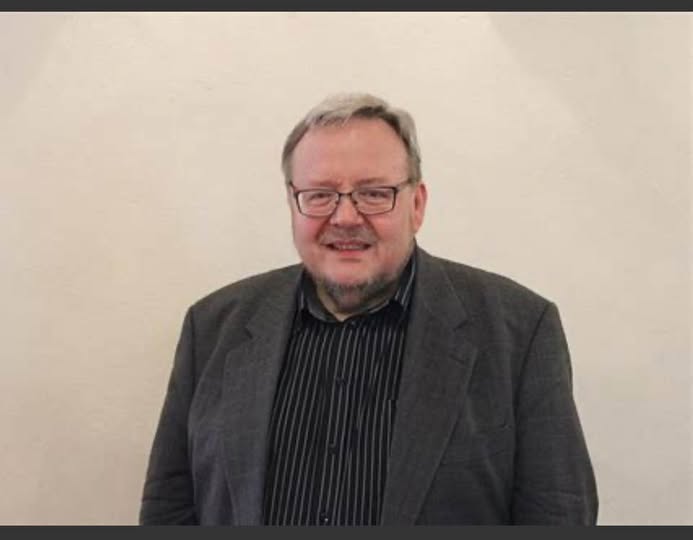Is this the dawn of the semi-conductor?
NewsIn a feature-length London interview with the Times, Daniel Harding talks through his decision to become a part-time commercial pilot with the Air France airline.
“The weird thing about conducting is that I can spend an enormous number of weeks away from home but still have a lot of time to myself,” he says. “In Stockholm, for instance, we rehearse from 10am to 2.30pm each day. So I realised I had hours each afternoon when I could be challenging my brain instead of watching Netflix or wandering round the park.”
Harding, 46, has been chief conductor of the Swedish Radio Symphony Orchestra for the past 15 years.
His decision makes a tremendous amount of sense, and it chimes well with the ways many professional musicians have reorganised their working lives during and after the Covid pandemic.
A significant number have developed parallel activities, work patterns and even careers outside of music. Some are much happier as a result. And more attached to their music. We all deserve more than one life.
So at which point does music – conducting in particular – get redesignated as a part-time activity?
It’s an option.






Comments